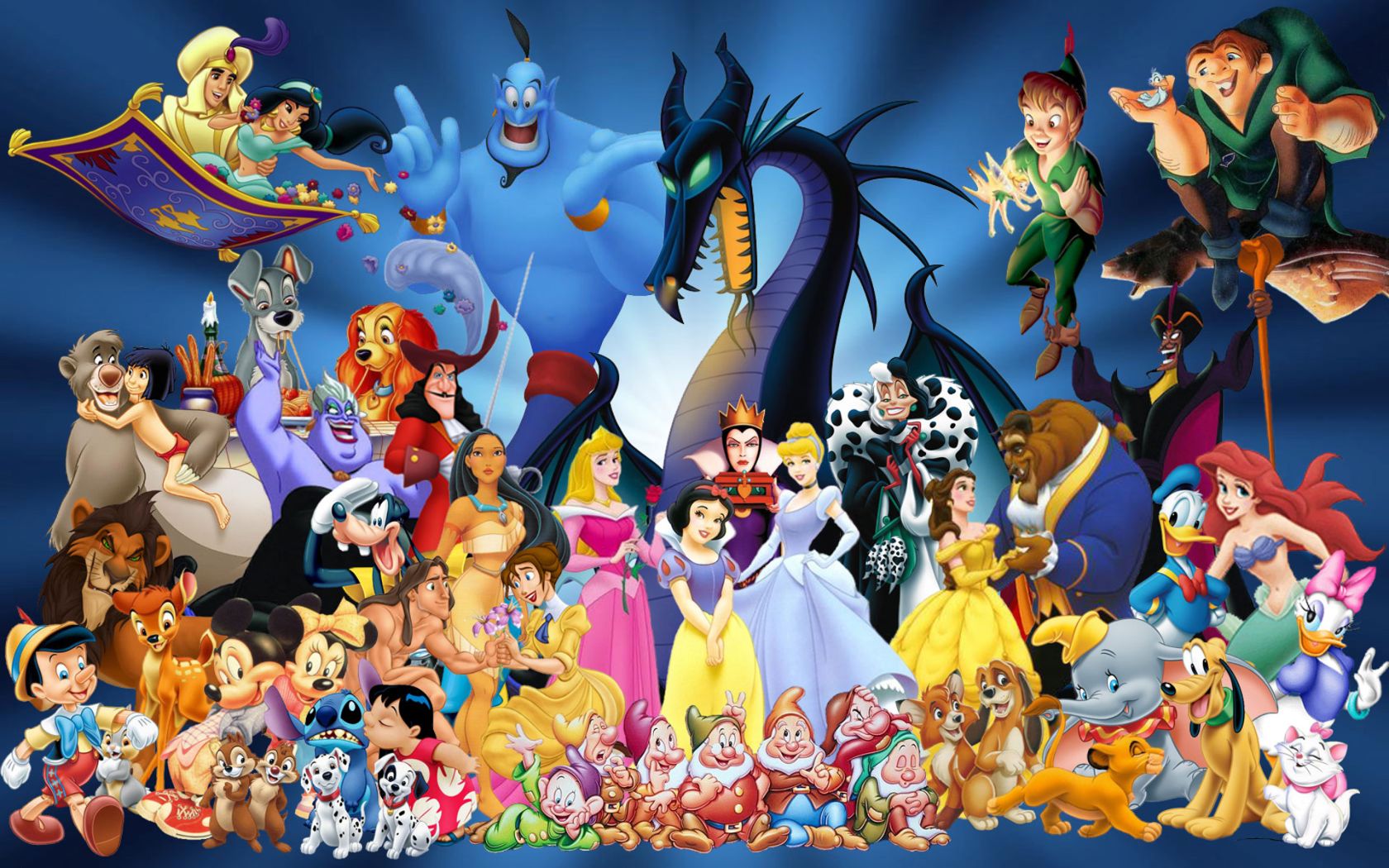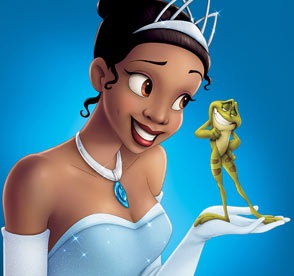
I would like to start my blog post with a quote I wrote down from the video called "Between Barack and a Hard Place" which the author named Tim Wise stated,
"The standard that I use, ultimately, if you want to know if a problem is still a problem it probably makes sense to talk to the ones who are the target of it, not the ones who don’t have to know because we are not………. I can be a good person, a decent person and remain oblivious and I think that is where white folks have been for a long time.”
This quote from Wise was one of the only points he brought up that I agreed with. I thought that he did not give enough credit to how much progress has been made towards racism and having equality in this country throughout the many years, but when he said this quote I realized that maybe he is noticing things that I don't. Since he is an author who writes about these issues and wrote a book where he incorporated having our first black President into them, I figured he probably has gotten to speak to those who are targeted by discrimination and has much more insight than I do.
That may be a big reason why the first few times, such as in Briggs vs. Elliot, the courts did not sympathize and said that segregation was not unconstitutional. The court was made up of only white men back then, so like Tim Wise they could not understand what the colored people were going through back then because they were not the ones targeted. Not that I am justifying their decisions because I think segregation should have been gotten rid of the first time and during the first lawsuit.
"I just want to make sure that we don’t come to need black and brown folk to be like Obama"
I thought it was strange when he described colored people in the way of called them "black and brown folk". It is comments like that which aren't helping us get any closer to eliminating racism and discrimination because everyone is from a different culture, I thought we were past just calling people things by the color that their skin is. They were basically segregating all of us just by them separating people into different groups by the color of their skin just in their conversation. This video is also something that I found interesting because some schools still do seem a bit segregated today and it was nice to see people are still trying to keep changing things for the better.
"We are nowhere near a post-racial America.......
So, to pretend or to act as
though we are headed to this post-racial place would be no more logical than to
say Pakistan was headed to a post-sexist place"
I just thought this was a good quote, even though I think we are heading to a post-racial place. It may be a really slow process but we are getting there and I think we should all at least try to have faith in that because if we don't it may not work. When we all fight to make change that is when it actually happens. Like Tim Wise mentioned, that big events or when everyone got together to make a big change are what we actually still remember throughout history and what still makes a mark on everyone's lives.




